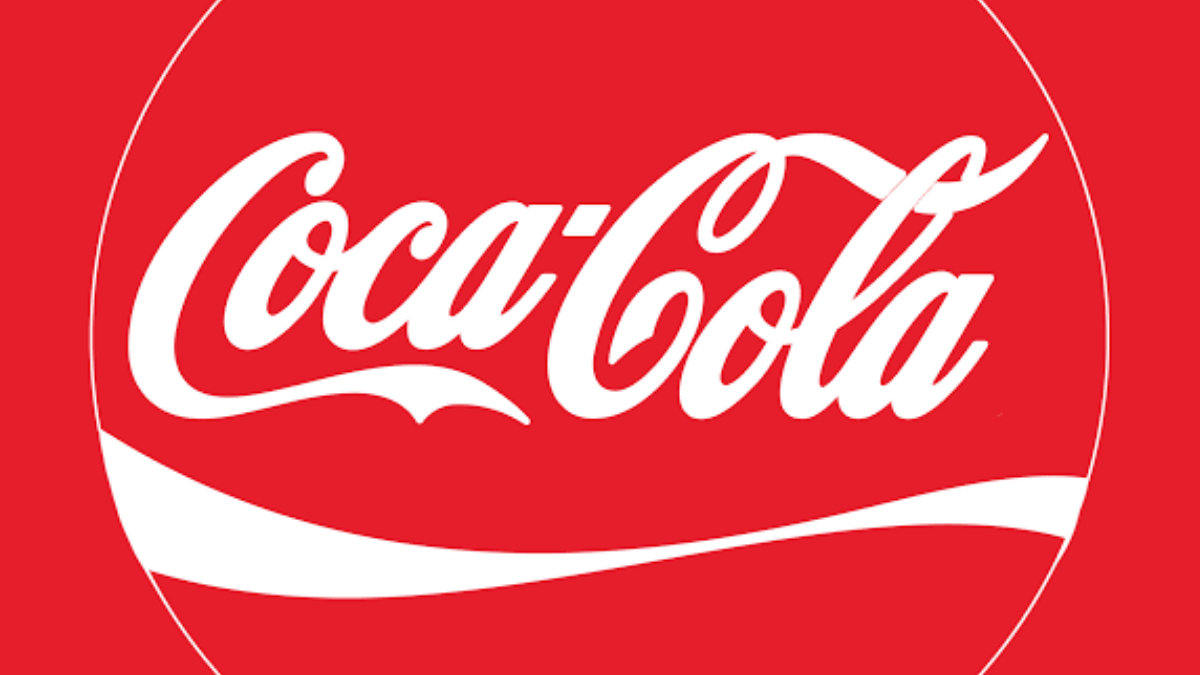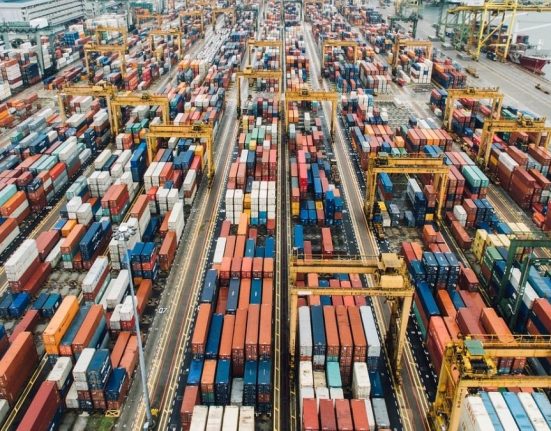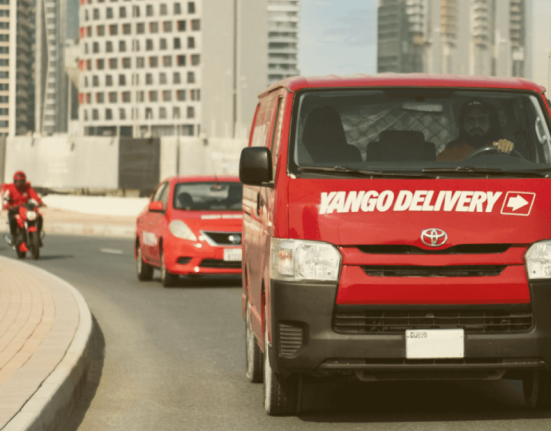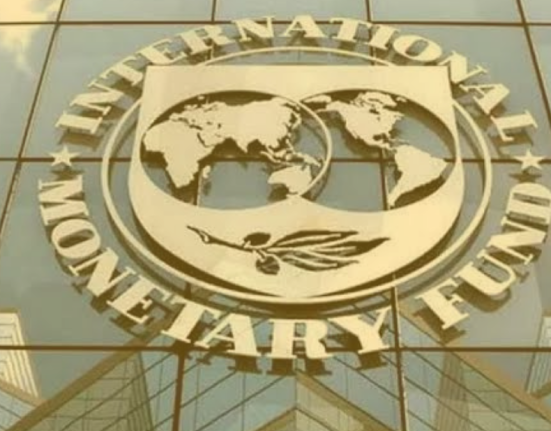Coca-Cola’s recent announcement of a $1 billion investment in Nigeria is a major signal of confidence in the country’s potential. But what exactly is driving this bold move? According to the Manufacturers Association of Nigeria (MAN), the answer lies in the full and effective implementation of the Accelerated Advancement and Stabilisation Plan (ASAP) recently unveiled by the Nigerian government.
MAN’s Director General, Segun Ajayi-Kadir, emphasised in a statement that Coca-Cola’s investment decision is likely tied to the belief that the Tinubu administration’s economic stabilisation plan will deliver on its promises. The plan, which seeks to curb inflation, enhance productivity across critical sectors such as oil and gas, and improve small business growth, was designed to offer the private sector a more stable and predictable environment to operate in. Ajayi-Kadir sees Coca-Cola’s commitment as a clear endorsement of the government’s strategy to restore confidence in Nigeria’s economy.
“Coca-Cola’s $1 billion pledge is a clear indicator that investors are beginning to recognize Nigeria’s potential under the new government’s policies. However, this vote of confidence will only materialise into tangible results if the government delivers on the full execution of the ASAP plan,” Ajayi-Kadir said.
The Importance of Full Implementation
The ASAP plan, which includes the injection of N2 trillion into the economy and the approval for duty-free imports of essential food items like maize, rice, and millet, is designed to stabilise the economy and create a more favourable environment for investors. Early signs of progress have been encouraging, but Ajayi-Kadir warns that a robust plan alone is not enough.
“We’ve seen promising early results, but full and timely implementation of the plan is crucial to unlocking its potential and sustaining investor confidence,” Ajayi-Kadir stated. “The government must remain focused, activate the necessary structures, and ensure accountability for any delays in execution.”
For Nigeria’s manufacturing sector and economy at large, the stakes are high. The private sector plays a critical role in driving growth, and investments like Coca-Cola’s could be game changers. However, the execution of ASAP is pivotal for ensuring that such investments are not only attracted but also yield broader economic benefits for the nation.
While Coca-Cola’s $1 billion pledge has generated optimism, it’s not the first time such large-scale investments have been announced. Similar promises were made in 2021, but with little visible impact. The question remains whether this time will be different, particularly under the leadership of President Bola Tinubu, who recently inaugurated the Presidential Economic Coordinating Council to oversee the implementation of ASAP.
Ajayi-Kadir praised the administration for its efforts, highlighting the importance of decisive action. “We commend the government for its commitment, but we urge them to move beyond plans to execution,” he stated. The business community, he added, remains cautiously optimistic, hoping that sustained government action will lead to lasting economic growth.
As Coca-Cola prepares to inject $1 billion into Nigeria over the next five years, it serves as a reminder that the private sector still sees immense value in the country’s untapped potential. The big question is whether the government can capitalise on this momentum by delivering on its promises. For now, the world is watching, and Nigeria’s future hinges on the steps it takes next.









Leave feedback about this